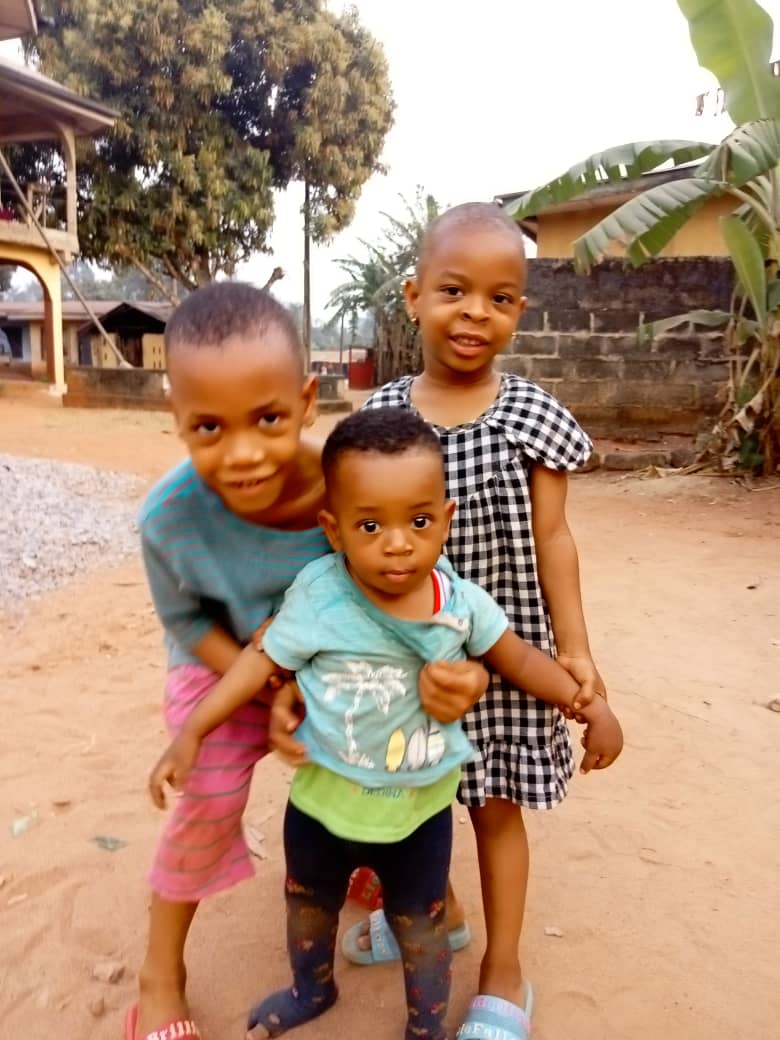
Beyond the Classroom: Unlocking the Power of Informal Education for Your Child’s Success
Introduction:
As parents, you strive to provide your children with the best possible education to prepare them for a successful future. While formal education is essential, it’s crucial to recognize the significance of informal education in shaping your child’s learning journey. Informal education lays the foundation for formal education and continues to play a vital role in their overall development. In this article, we’ll explore the importance of informal education, its origins, and practical ways to incorporate it into your child’s life.
What is Informal Education?
Informal education refers to learning experiences that occur outside the traditional classroom setting. It encompasses various activities, interactions, and experiences that foster knowledge acquisition, skill development, and personal growth. Informal education can take many forms, such as:
– Family discussions and storytelling
– Community involvement and volunteer work
– Hobbies and interest-based activities (e.g., sports, music, art)
– Travel and exploration
– Mentorship and role-modeling
– Online learning and self-directed exploration
The Origins of Formal Education:
Formal education has its roots in informal education. Throughout history, humans have learned through apprenticeships, community-based learning, and hands-on experiences. The modern formal education system emerged from these informal learning traditions.
– Ancient Greece and Rome: Apprenticeships and mentorship were common.
– Medieval Europe: Guilds and craft-based learning prevailed.
– 19th and 20th centuries: Formal education became institutionalized, but informal learning continued to play a significant role.
Why Informal Education Matters:
1. Contextual Learning: Informal education provides real-world context, making learning more relevant and engaging.
2. Personalization: Informal education allows children to explore interests and passions at their own pace.
3. Social-Emotional Development: Informal education fosters essential life skills, such as communication, teamwork, and problem-solving.
4. Creativity and Innovation: Informal education encourages exploration, experimentation, and creativity.
5. Character Development: Informal education helps shape values, morals, and emotional intelligence.
Practical Ways to Embrace Informal Education:
1. Encourage Exploration: Support your child’s interests and passions, even if they’re not directly related to academics.
2. Model Lifelong Learning: Engage in informal learning activities yourself, demonstrating the value of continuous learning.
3. Create Opportunities: Provide access to extracurricular activities, workshops, and community programs.
4. Foster Family Discussions: Engage in meaningful conversations, sharing experiences and perspectives.
5. Emphasize Soft Skills: Focus on developing essential life skills, such as time management, teamwork, and conflict resolution.
Conclusion:
Informal education is not a supplement to formal education; it’s a fundamental aspect of your child’s learning journey. By embracing informal education, you’ll help your child develop a love for learning, essential life skills, and a strong foundation for future success.
Call to Action:
As a student affairs practitioner, we encourage you to:
– Recognize the value of informal education
– Incorporate informal learning activities into your child’s daily life
– Foster a growth mindset, embracing exploration and experimentation
– Support your child’s interests and passions
– Engage in lifelong learning yourself, modeling the importance of informal education
By working together, we can empower our children to become curious, creative, and compassionate individuals, equipped to thrive in an ever-changing world.
✍️ By; Gabriel Chibuikem Eze
Nice one, Prof.
Thanks Boss
Nice one